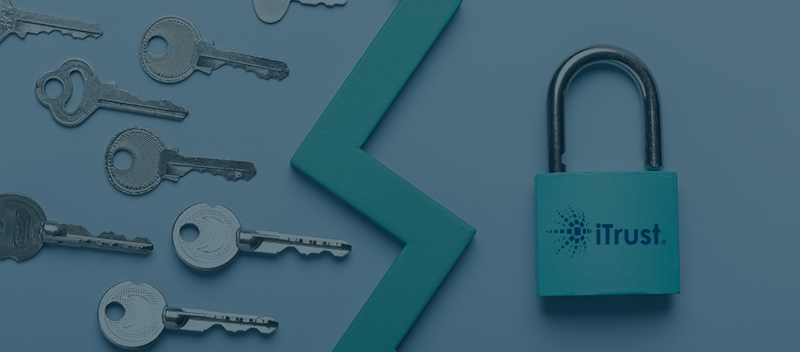Blog How Long Does ISO 27001 Certification Take?
How Long Does ISO 27001 Certification Take?

When your company stores, transmits, or otherwise manages data of any kind, keeping it safe and out of the hands of un-authorized entities must be the number one priority for your information systems security team. While achieving this evolving goal is a worthy accomplishment in and of itself, it means virtually nothing if you do not have a way to demonstrate your commitment to compliance. ISO/IEC 27001 is the globally accepted standard for information security management.
It describes how to create and implement an information security management system (ISMS) that will pass third-party compliance tests and, most important of all, keep confidential data safe. Learning more about this assessment tool can help you to recognize its many benefits for your own company and assist you in estimating how long the process will take your team to complete.
ISO 27001 Standards
An effective ISMS has numerous moving parts that must work seamlessly together in safeguarding sensitive information. In order to evaluate the infrastructure’s capability in providing this essential function, the ISO/IEC 27001 framework contains several standards that a company must meet if it is to obtain certification and the credibility that goes along with it.
These standards include the following:
-
- Context. Demonstrate an understanding of all factors that affect the information security landscape as well as the identity and needs of each stakeholder and every user and the third-party entity that depends on your organization and/or its data.
- Leadership. Specify who is in charge of assets protection, how it is to be done, and the roles and responsibilities of everyone involved in these tasks.
- Planning. Describe how the security strategy will be carried out, with emphasis on risk mitigation and the attainment of objectives and benchmarks.
- Support. Outline the skills, resources, awareness of security plans, and the ramifications of non-compliance, documentation, and communications that will combine to support leadership’s implementation of a security strategy.
- Operation. Implement plans for security and risk reduction by describing the documentation and monitoring systems that will make this possible. Be sure to also include evidence that the programs are regularly performed and updated to reflect changes in the IT security landscape.
- Evaluation. Determine how well your risk management and security practices and protocols are performing through the use of metrics for monitoring, measuring, analyzing, and evaluating systems, conducting internal ISO 27001 audits, and putting a procedure in place that allows management to evaluate the findings.
- Improvement. This is when your team thoroughly analyzes findings and works to reduce or eliminate gaps and vulnerabilities. In addition, attention is devoted to looking ahead, predicting potential problems, and initiating preemptive measures.
When a company successfully walks through these seven business processes as determined by a third-party auditor, it can be certified as ISO 27001 compliant.
The Timeline for ISO 27001 Certification
Since each business has its own set of unique characteristics and needs, there is no unanimous answer to the question of how long it will take for your company to attain ISO 27001 certification. In general, however, it will probably require approximately one year of your firm’s time and energy to fully undergo the process.
The majority of the work and investment occurs in the initial steps of the assessment that analyze risk and business impact and examine the security controls that you have put in place to protect your stored and transmitted information.
For companies with less than 50 employees, ISO 27001 certification can usually happen in eight months or less; mid-sized businesses might require eight months to a year, and large corporations could take as long as 15 months.

If you want to maintain the quality of your ISO 27001 procedure but also wish to accelerate it, the following factors can be helpful:
-
- A high level of organization and prior planning, including a thorough understanding of the scope as well as the human and financial resources to accomplish it
- If you already operate under a fully developed management system
- The existence of effective security policies and excellent accompanying documentation
- If you already have customized ISO 27001 templates at your disposal
- Knowledge of the assessment process
- Buy-in from your management team.
While the implementation of the ISO 27001 certification process is time-consuming and involves the help of multiple individuals throughout your company, carrying it out provides numerous benefits. It enables you to establish your credibility with customers and stakeholders, avoid hefty fines, comply with legal, industry, and contractual requirements, improve your security posture, and cut down on the need for frequent audits. In short, ISO 27001 certification amounts to a win-win for your business and the customers you value.
Ready to enhance your information security?
Contact TrustNet today to get started with ISO 27001.




